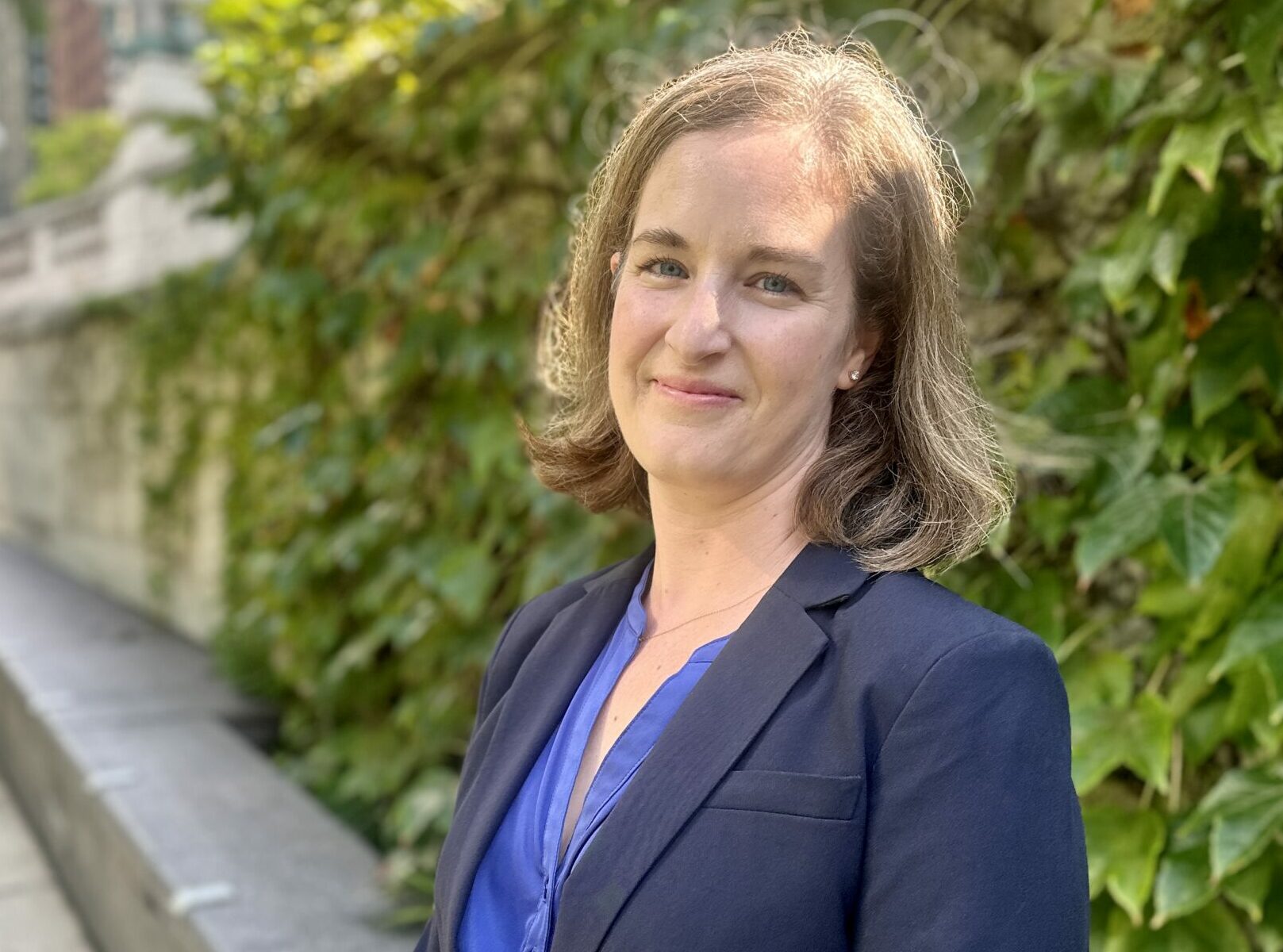Minneapolis, MN
June 29, 2023
Energy Justice Is More Than Just Words in Minnesota
The Public Utilities Commission’s decisions in the Xcel Energy rate case have a real-world impact, but there’s more work to do.
In early June, the Just Solar Coalition scored a major victory in the movement towards a more equitable energy system, obtaining a simple declaration from the Minnesota Public Utilities Commission:
Energy Justice is relevant when setting a utility’s rates.
From the outside, that might seem a little academic – and a bit nebulous – but there is actual meat on the bones in the Commission’s decisions in Xcel Energy’s latest rate case.
Xcel Energy had requested a half-billion-dollar hike to customer utility bills. The Just Solar Coalition, a Minneapolis-based group which has never before intervened in a rate case, was among the groups fighting that hike.
The JSC’s innovative approach was to critique the hike through an Energy Justice lens, looking at how Xcel’s request ignored persistent, structural injustices in the energy system, violating a requirement in Minnesota law (and state laws across the U.S.) that rates must be “just and reasonable.”
Here are three areas where the MPUC recognizing the relevance of Energy Justice will lead to real-world benefits, especially for low-wealth communities and communities of color.
Affordability
Although the final written order won’t be released until July 18, the MPUC press release announcing the decision clearly laid out its priorities.
“This Commission is laser focused on affordability and reliability,” Commission Chair Katie Sieben said.
Xcel originally asked for a $677.72 million rate hike, later settling on a request of “only” a half-billion dollars. The MPUC approved a $306 million hike, less than half of the utility’s initial ask.
Deeper in the weeds, the Commission also significantly reduced Xcel’s increase to its return on equity to maintain affordability and capped the amount of compensation Xcel executives could recover from ratepayers (rather than dipping into company profits to compensate their leadership teams).
In what University of Minnesota Prof. Professor Samuel L. Myers Jr. calls “the Minnesota Paradox,” the state has one of the highest qualities of life overall – and one of the lowest qualities of life for Black people.
JSC witness Dr. Gabe Chan showed that the same is true for energy insecurity and energy burden – with Black customers disproportionately more burdened by their energy bills as compared to white customers. While the Commission’s decisions in this one case cannot fix these deep and systemic injustices, these affordability measures – which also include a new discount rate for low-income, low-usage customers – will have a positive impact on Minnesota communities, especially the most energy-burdened and vulnerable.
Fixed Customer Charges
One aspect of the case that has flown under the radar is that the Commission actually voted to reduce Xcel’s monthly fixed customer charge for residential and small commercial customers.
Fixed customer charges are the portion of every utility bill that is set in stone. You can’t lower this portion of your bill by using less power, keeping your home colder in winter or installing energy efficiency measures.
Because the fixed customer charge is the same for a 400-square-foot apartment or an eight-bedroom mansion, a too-high charge is not just regressive. It is inequitable and unfair.
As Just Solar Coalition witness Karl R. Rábago testified, “low-wealth customers are being charged for many costs driven by the usage levels and patterns of more well-to-do customers.”
Xcel’s current fixed customer charge is $8.72 a month on average. It initially asked to hike that fee to $10.25, but the Commission actually lowered it to $6. This is remarkable as, across the nation, utilities are enacting exorbitant fixed customer charges as a way to recover costs.
Distribution System Recommendations
As I outlined in a previous blog, new and emerging distributed energy resource technologies create opportunities for people to engage with the power grid, not just passively consume energy and send off checks to their local power company.
For example, someone could cut their bills by participating in community solar, or support installation of a solar-plus-battery-storage system on their local library to improve resiliency and reliability in their neighborhood. Investing in a distribution grid that can integrate these resources, especially in underserved and historically marginalized communities, and creating pathways for individual and community ownership, can help build local wealth. They are a good start towards righting some of the historic wrongs baked into our power grid.
That’s why it is so powerful that the MPUC not only recognized that Energy Justice is relevant for ratemaking, but directed Xcel to address certain Energy Justice-driven proposals in their upcoming integrated distribution plan – including various ways to better enable access to and integration of distributed energy resources. Xcel will file its next plan in November, so the impacts of this will be concrete and they will be soon.
While the Commission’s declaration that Energy Justice is relevant can seem a bit abstract, the Just Solar Coalition achieved some significant, concrete gains in Xcel’s rate case that will keep Minnesota on a path towards Energy Justice. As the attorneys who represented this important coalition of activists and community groups, ELPC has made an immediate impact, and we are set up for further progress in November and beyond.


